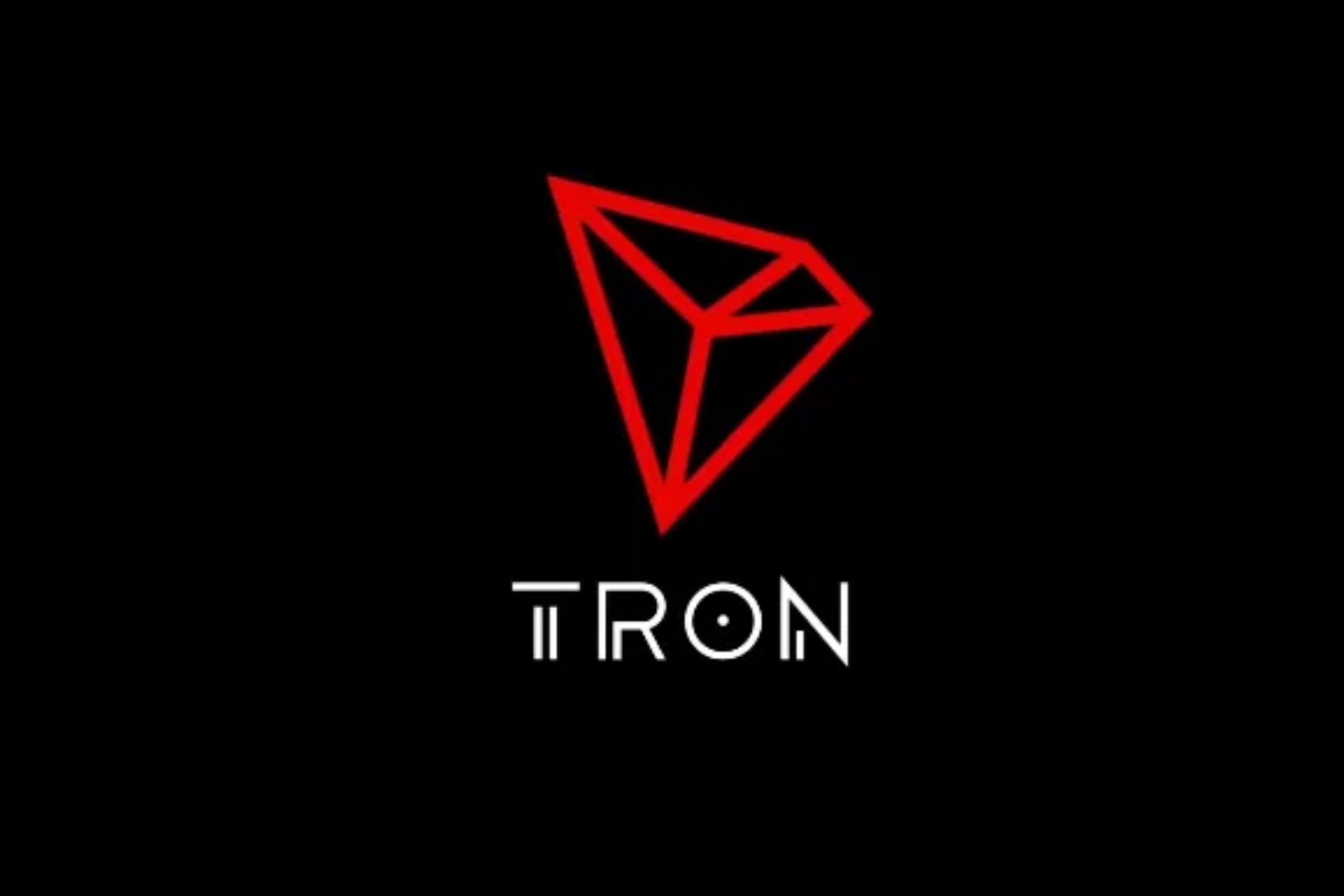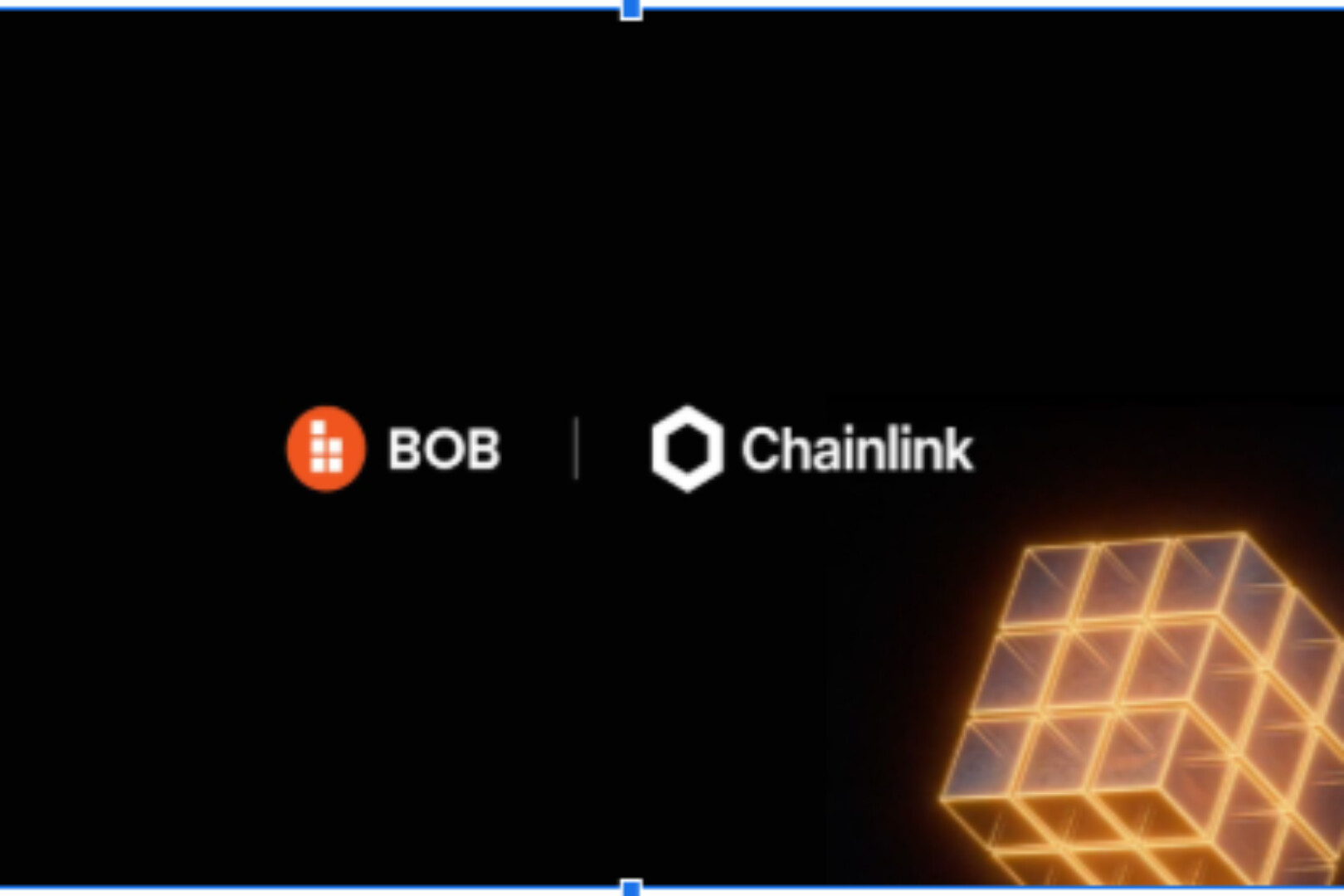Editor's Note: This article comes fromChain News ChainNews (ID: chainnewscom)Editor's Note: This article comes from
Chain News ChainNews (ID: chainnewscom)
Chain News ChainNews (ID: chainnewscom)
, by Luff, published with permission.
At the just-concluded Xiamen World Mining Conference, MIX Chairman Han Weiping expressed the long-awaited voice of the Filecoin community.
Since the industrial revolution opened the accelerator for the evolution of human civilization, discussions on technology and humanities have never stopped. In a world where giants rule the internet today, concerns about data privacy have sparked one improvement after another. Correction through humanistic means such as law is obviously a temporary solution, not the root cause, and distributed storage, which is expected to eliminate the possibility of evil from the technology itself, has begun to show its prominence and has attracted widespread attention and discussion.
Filecoin is the most eye-catching practitioner of the "technological revolution" of distributed storage. However, three years after its launch, Filecoin stands on the cusp not only of carrying people's expectations for distributed storage networks, but also suffering from community challenges. Doubts about team centralization.
secondary title
Let's start with the earliest story of Filecoin and clarify step by step how it became a distributed network with high hopes for digital nomads.
In May 2014, Juan Benet of Stanford University released a draft white paper describing the idea of a "peer-to-peer distributed file system", which is the earliest prototype of the IPFS protocol. IPFS is a content-addressable, point-to-point hypermedia transmission protocol designed to improve the low transmission efficiency and single point of failure of the http protocol that has ruled the Internet for many years.
In order to better practice the idea of a distributed file transfer protocol, Juan Benet established Protocol Labs in early 2015, focusing on the research and development of IPFS, and applied to join the prestigious start-up incubator Y Combinator. A year later, Protocol Labs created four technical modules of libp2p, IPLD, multiformats, and Orbit in one go. IPFS achieved amazing growth. By June 2017, the IPFS protocol had stored 5 billion files. At this time, the blockchain industry is making great strides, and the decentralized nature of the blockchain is naturally compatible with IPFS, and the two hit it off.
image description
Not long after, Protocol Labs released the Filecoin white paper, and an incentive network based on blockchain technology built on the IPFS protocol was born. With the aura of IPFS and Protocol Labs, Filecoin raised a huge amount of US$257 million in the subsequent initial token offering, setting a record for ICO financing that year.
Filecoin is a distributed content storage and distribution network. It adopts a proof-of-work mechanism similar to Bitcoin to encourage network miners to provide users with data storage and retrieval services to obtain native token incentives, thereby realizing an incentive-compatible economic system on the IPFS protocol.
I have to admit that with strong engineering capabilities and abundant funds, the beautiful picture outlined by Filecoin seems to be in sight. However, there is inevitably a gap in reality. Filecoin, which has made a great start, does not seem to be going smoothly. Due to the miscalculation of the difficulty of the project, the Filecoin main network was frequently postponed and gradually fell silent. Until this year, the testnet and the space race with iconic progress appeared on the stage in turn, and Filecoin once again returned to the spotlight of the public. However, as the Filecoin network gradually appeared in front of people, problems gradually surfaced.
secondary title
Filecoin Governance Controversy: Towards Centralization
The most motivating argument is that some of the Filecoin team's initiatives during the testnet and space race are full of strong centralization. The distributed storage blockchain is different from DApp platforms such as Ethereum. Filecoin may not have a strong developer ecosystem, but it cannot lack the support of miners scattered all over the world.
However, in the face of the grand vision of building a "distributed network that stores the most important information in human society", Filecoin chose to sacrifice the interests of some miners, and even bear the infamy of "dictator".
Effective storage and authenticated users
In Filecoin's economic model design, the computing power obtained by storing miners' encapsulated data is divided into two types: original value computing power and effective computing power. The so-called effective computing power refers to the computing power obtained by miners storing the data of verified users (officially verified users), while the original value computing power refers to the computing power obtained by storing data other than verified users. Filecoin officially believes that the data of verified users is "valuable", so more weight should be given to block incentives.
In the current economic parameter setting, the block weight of the effective computing power is 10 times of the original computing power. There is nothing wrong with the transparent rules themselves. Filecoin officially plans to adopt the form of DAO organization to determine the verification of user qualifications in the future. However, this link is currently centralized.
Official Hard Disk Filecoin Discover
Filecoin released the Filecoin Discover project in May this year. Its original intention is to allow miners to store some useful data in the Filecoin network, such as human genetics and meteorological data. Officials will store valuable and public data in the hard disk for sale. The data on these hard disks is marked as "valid data", and encapsulating these data will obtain effective computing power. The block generation probability of the effective computing power is 10 times of the original computing power. In order to obtain more effective computing power, miners can only buy Filecoin Discover hard disks in addition to encapsulating the data of verified users. So some people accused Filecoin of using his status as a "referee" to seek benefits.
What is even more surprising is that the so-called "valuable" data is actually not valuable. According to the miner who received the Filecoin Discover hard drive, “It is claimed that the 8T hard drive has a data capacity of only 26G, and the technicians can find a few files to read at random, but they can’t read any byte data at all.”
Miners suffer unfair treatment
On the eve of the space race, a miner with the pseudonym "Song Jiang" published an article titled "Filecoin, A "Centralized" Storage Network" on the #fil-lobby channel of Filecoin slack, pointing out that there is a lack of fairness in the space race. Miners monopolize, dealers are also playing cards and other issues.
During the space race, Filecoin miners complained a lot. Due to the bugs and stability issues of the testnet itself, miners have to track the official code dynamics all the time. If they don’t pay attention, their computing power will be reduced and their rewards will be cleared.
Recently, the official announced a punitive measure for a small number of nodes in the competition. These nodes were officially identified as cheating because they only packaged data for themselves. This incident was originally caused by miners exploiting a loophole in the rules, and the official transferred the consequences to the miners without prior communication of the new rules. On the one hand, this arbitrary style ignores the interests of miners, and on the other hand, it exposes its lack of community governance spirit.
The world has suffered from Filecoin for a long time. The miner community is quite dissatisfied with Filecoin's strict economic model design and high mining threshold.
More important than the protests of the miners is that Filecoin has adopted a very complex system design in order to achieve effective storage, resulting in Filecoin can only develop towards a single technical solution and economic model, and the low scalability also limits the fault tolerance of the entire system. It can be said that once Filecoin has major loopholes in technology or economic models, there is no possibility of turning back.
So, is there any good way to not only protect the interests of the participants, but also promote the development of distributed storage networks? Front splits may be the antidote to that.
Undercurrents: Bifurcation or Inevitability
After pointing out a series of problems with Filecoin, the miner "Song Jiang" said, "If the government continues to follow the current path and retain these centralized designs, it is a serious violation of the spirit of the blockchain. If this is the final result, it will inevitably Someone is going to fork the entire network. I will definitely be involved.”
It is interesting that "Song Jiang" was originally a representative of the resistance to centralized rule in "Water Margin". This may be the voice of many miners who love and hate Filecoin.
However, forking is not a lucrative business. It itself has great risks. Bitcoin is a lesson learned from the past. If it succeeds, it will gain both fame and fortune, but if it fails, it will bear the reputation of splitting the community.
In fact, a better approach is to pre-fork. Before the Filecoin mainnet goes online, start the fork chain. This will not only not affect the Filecoin network, but also provide reference and reference for the development of Filecoin.
We discussed the growing centralization problem of the Filecoin team. In addition to avoiding the centralization of governance, the forked chain should improve the deficiencies in Filecoin's mechanism design.
Low TPS limits the development of the number of network nodes;
File Hash value calculation is not friendly to Intel storage instruction set;
The sealing process is complicated and consumes too much computing resources;
Low TPS limits the development of the number of network nodes;
The pre-mortgage is too high, which is beneficial to investors and not conducive to miners;
The official data set restricts the use of the storage network, and the data security is not high;
frequent major technical changes;
The official data set restricts the use of the storage network, and the data security is not high;
frequent major technical changes;
The blockchain economic model is unreasonable.
image description
Han Weiping gave a speech at the Xiamen World Mining Conference
Overall, the problems of the Filecoin mechanism are mainly reflected in two aspects: technical solutions and economic models.
Technical solution: In terms of proof of storage, Filecoin uses complex proof of replication and space-time proof to verify that miners have indeed stored data and have not lost data during the sector life cycle. In data encapsulation, up to 11 layers of serial sealing calculations greatly increase the cost and time of sealing. The cost of proving and sealing data is high. In addition to wasting computing resources, it also raises the hardware threshold of mining machines.
Economic model: Excessive pursuit of effective storage, multiple mortgages, rewards and punishment mechanisms are designed; the pre-mortgage is too high, which is beneficial to investors and not conducive to miners. And Filecoin officially has the authority to deploy economic parameters. This means that the government has become the hand of God in this economic system and can intervene in the operation of the economic system from a macro perspective.
Dynamic pre-mortgage to fully release the income to miners;
The SHA256 algorithm is upgraded to SHA512;
The 11-layer serial sealing calculation is reduced to 5 layers;
Increase Layer 2 to improve TPS, support a wide range of applications such as smart contracts, and a market economy where the network scale can rapidly expand;
Dynamic pre-mortgage to fully release the income to miners;
Private data is determined by the individual to determine whether it is valid and fully democratic, while public data needs to be audited, free and redundant;
Joint development and governance with the community, full democracy against dictatorship;
Improve economic models.
Private data is determined by the individual to determine whether it is valid and fully democratic, while public data needs to be audited, free and redundant;
Joint development and governance with the community, full democracy against dictatorship;
Improve economic models.
Han Weiping said, "At present, Filecoincash has conducted extensive communication with the top participants in the community, and a consensus has been formed. It will open the Github code base on September 19, continue to iterate the code, open the test network simultaneously, and launch the main network in October. ", inviting the whole community to co-initiate and co-govern.
Filecoin itself has a grand idea and design. It hopes to revolutionize the situation where Internet giants control user data through distributed storage technology, and is determined to expand the external utility of blockchain technology to "store important data for human beings." Both the exploration of Filecoin and Filecoincash are humanistic seeds buried in the soil of technology, allowing human beings to retain privacy and enjoy justice while technology is advancing.





